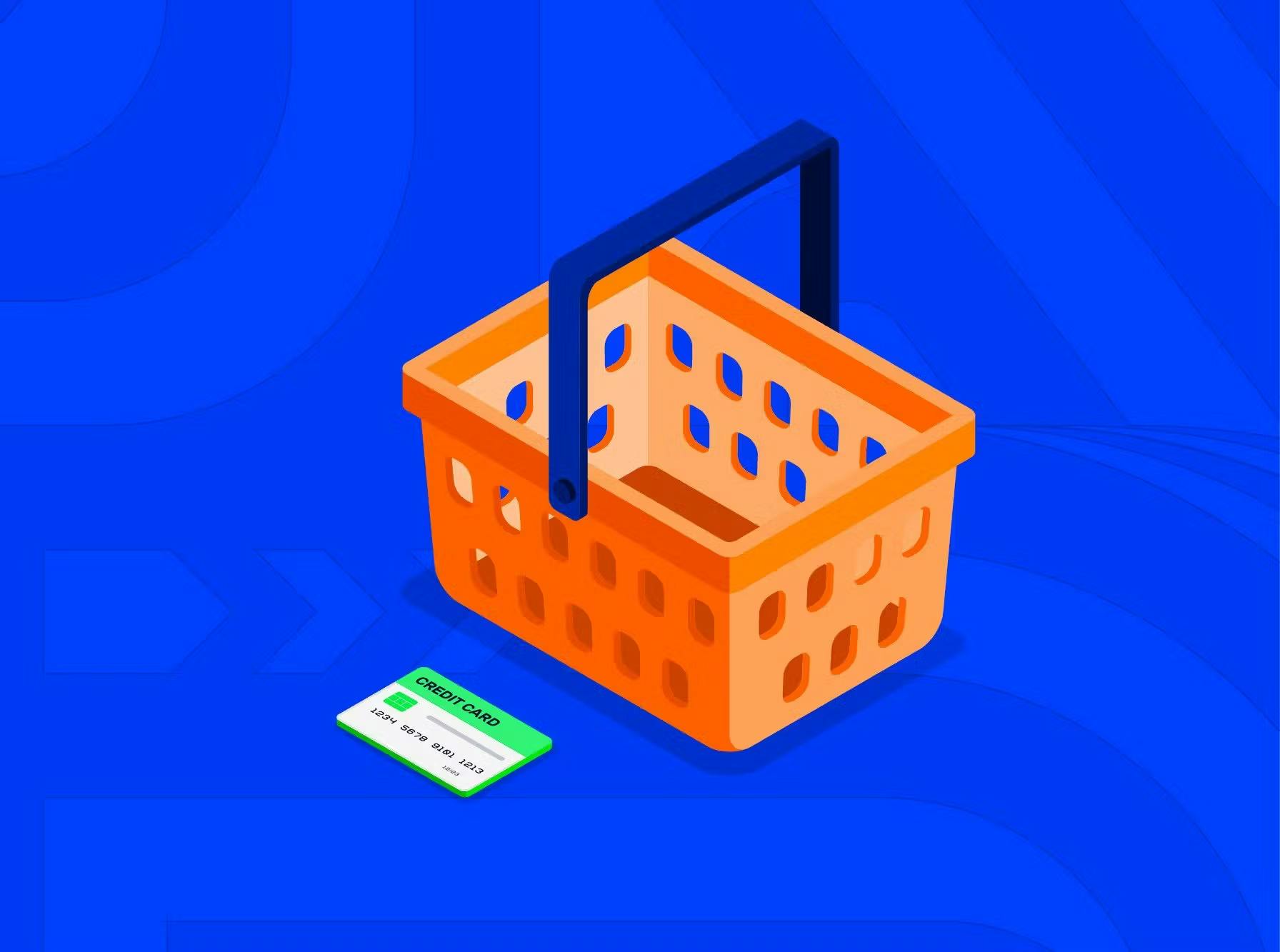When a buyer pays for their purchase on your site, you expect to receive money immediately. However, it isn’t that easy in the digital world as if you have a cash-only business. There are two essential parties involved in the card transaction processing: acquiring bank and issuing bank.
An acquiring bank (aka merchant acquirer) processes transactions on the merchant's behalf. To be an acquirer, a bank should meet the compliance requirements brought by the card network (e.g. Visa or AmericanExpress). Only then it’s considered to be a licensed member of the payment scheme entitled to deal with merchant’s funds.
An acquiring bank is a come-between a seller and a card network. It works with merchant’s payments and transfers money to their account. Sure thing, a business owner pays fees for their merchant account kept opened and the acquirer services. The commission highly depends on the money turnover and business type. Only when fees are paid, a seller can get their net balance – money left after covering all charges.
The acquirer role in the payment processing is to give its final say on the payment outcome, depending on the information received from the issuing bank. For example, if there is no money left on the seller's account, the bank gets an unmistaken signal to decline the transaction. Other common issues that push the transaction to the decline territory are the incorrectly entered CVV-code, expiration date or exceeded spending limit.
A merchant bank is also answerable for any conflicts between a seller and a buyer. Simply put, your chargebacks, refunds and returns are among the acquirer responsibilities. If a customer files a dispute to trigger a chargeback process, an acquiring bank will mediate between the two sides.
But keep in mind that banks don’t like to deal with too many refunds, so if you have frequent chargebacks, you’ll be asked to open a high-risk merchant account. And it will cost you a lot more than a regular one.x




 Most Popular Payment Methods in the World: Analysis by Markets
Most Popular Payment Methods in the World: Analysis by Markets How to Increase Conversions in an Online Store with a Checkout Page
How to Increase Conversions in an Online Store with a Checkout Page How Tranzzo Simplified the Payment Process for Tickets.ua
How Tranzzo Simplified the Payment Process for Tickets.ua Integrating Multiple Payment Methods: Challenges and Solutions
Integrating Multiple Payment Methods: Challenges and Solutions Abandoned Shopping Carts: Why Businesses Lose Revenue and How to Increase the Number of Successful Payments
Abandoned Shopping Carts: Why Businesses Lose Revenue and How to Increase the Number of Successful Payments

